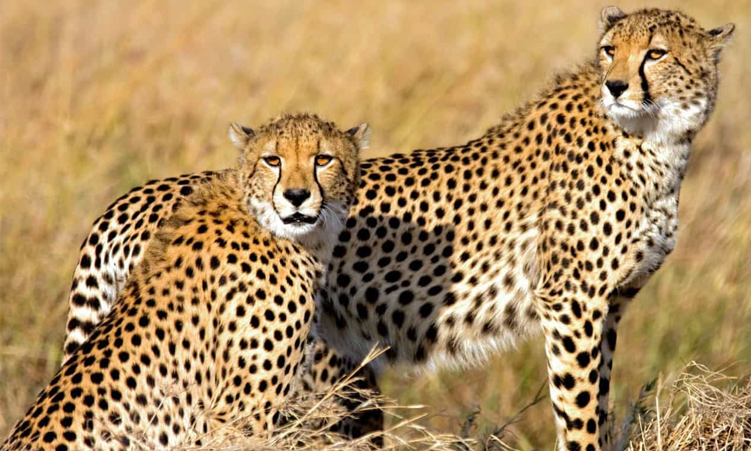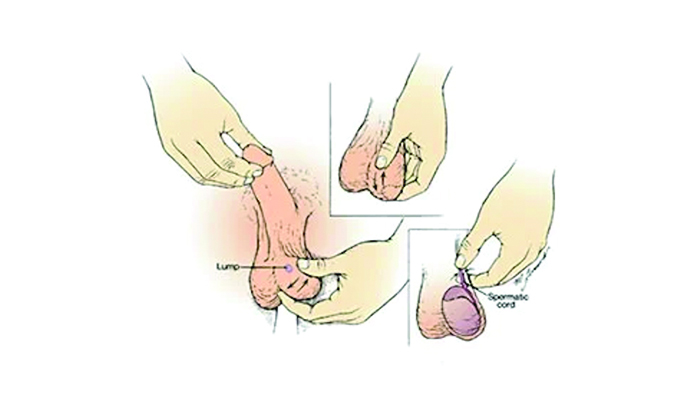A wildlife sanctuary in the Otjiwarongo area has launched legal action against the minister of environment, forestry and tourism to have new regulations on the keeping of large carnivores in captivity set aside.
In a case filed at the Windhoek High Court on Monday, the AfriCat Foundation and the close corporation Okonjima Lodge are asking the court to review and set aside a decision of environment minister Pohamba Shifeta to promulgate new regulations on the keeping of large carnivores in captivity.
The regulations in terms of the Nature Conservation Ordinance restrict AfriCat and Okonjima Lodge’s freedom to carry on their business, and also restrict freedom of speech and their right to own property, they are alleging in the case filed at the High Court.
In an affidavit filed at the court, one of the trustees of the AfriCat Foundation Trust, Karen Codling, says it is impossible for AfriCat and Okonjima to comply with the new regulations, which were published in the Government Gazette on 28 September last year.
The regulations include stipulations forbidding drives for tourism purposes through enclosures in which large carnivores – including lions, cheetahs and leopards – are kept in captivity, and prohibit people from entering such enclosures for tourism purposes.
The regulations also state that persons keeping large carnivores in captivity may not allow photographs showing the animals in contact with people to be posted on social media, in the print media or on television.
AfriCat and Okonjima Lodge, which both operate at Okonjima Nature Reserve between Otjiwarongo and Okahandja, work together and a share of Okonjima’s income is the main source of funding for AfriCat’s activities, Codling says in her affidavit.
She also says drives through enclosures of large carnivores under the care of AfriCat are a major attraction for visitors to Okonjima.
However, the new regulations are prohibiting such drives, and this has serious consequences for both AfriCat and Okonjima, according to Codling.
AfriCat currently has 11 carnivores in captivity under its care. This includes seven cheetahs, of which one is seven years old and six are 13 years old, two leopards that are 15 years and 20 years old, respectively, and two male lions, aged 14 and 16, Codling says.
The 11 animals all came into AfriCat’s care as a result of human-wildlife conflict and are not suitable for rehabilitation back into the wild, she says.
“AfriCat is committed to caring for them until their natural death,” she states.
She also says in her affidavit: “These animals are ambassadors for their species, helping AfriCat raise awareness about human-wildlife conflict and the conservation needs of these threatened felines.”
There is no rational basis for forbidding driving through enclosures of large carnivores, Codling claims.
She says AfriCat offers drives in game-viewing vehicles through the cheetah enclosures at Okonjima.
“For many of our guests it is the first and possibly the last time in their lives they will ever see a cheetah,” she notes.
“While watching and photographing the cheetah, we explain their endangered status, the threats against them and the strategies for their conservation. […] This activity cannot be conducted in any alternative manner.”
Such drives through Okonjima’s cheetah enclosures, which are five hectares in size, do not cause any potential injury or stress to the animals and are safe for tourists and staff, according to Codling, who terms the regulations’ prohibition of such an activity as “irrational, arbitrary and disproportional”.
One of the new regulations also states that a large carnivore caught in the wild should either be released in the same area where it had been captured or be euthanised – which in essence gives people permission to capture and kill carnivores involved in human-wildlife conflict situations, Codling says.
That regulation is cruel, unreasonable and disproportional, she alleges.
The minister has been given 15 days after the court application is served on him to indicate if he will be opposing the legal action.
Stay informed with The Namibian – your source for credible journalism. Get in-depth reporting and opinions for
only N$85 a month. Invest in journalism, invest in democracy –
Subscribe Now!






